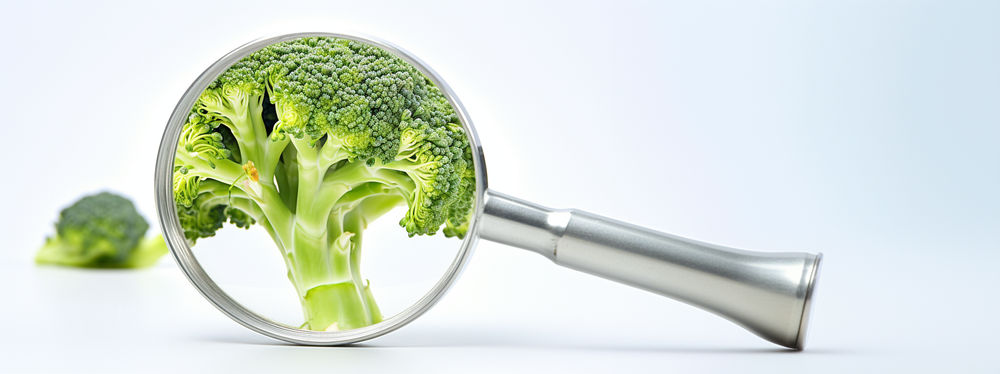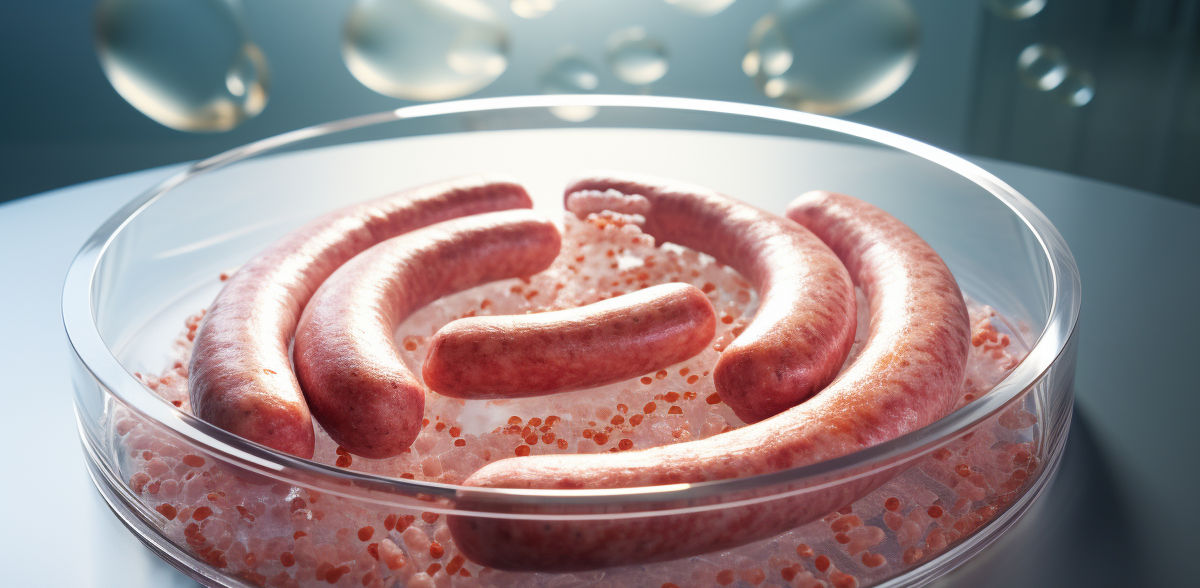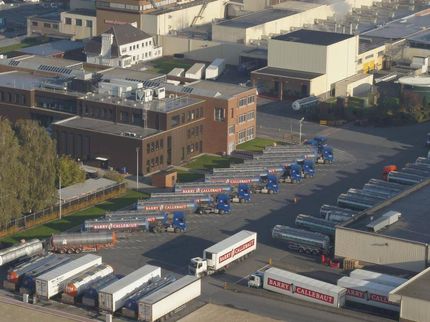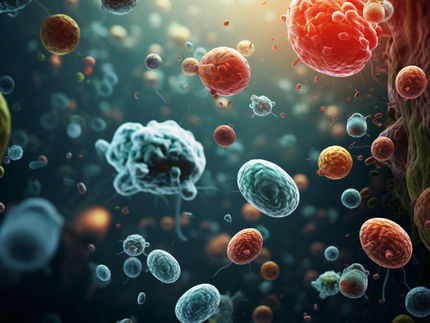Race for cell-cultured sausage: The Cultivated B enters EFSA certification process
Advertisement
Heidelberg-based biotech company The Cultivated B has announced that it has entered the preliminary procedure of the European Food safety Authority (EFSA) with a cell-cultured sausage product.1 EFSA certification as a novel food is considered a key prerequisite for large-scale commercial production. Jens Tuider, Chief Strategy Officer at ProVeg International, calls it a milestone.
Cellular agriculture is engaging innovative companies around the world - and now European authorities. "We expect the first tangible EU approval for cell-cultured meat to give the growing sector in Europe a significant boost," Tuider predicts.
The race has begun
As recently as May, EFSA held a symposium to look at the technologies behind cellular agriculture, from cell culture to tissue engineering to precision fermentation.2 The symposium was held in anticipation of applications in the months and years ahead - applications like the one from The Cultivated B.
"Time is of the essence: Europe should not be irrevocably overtaken by Switzerland, the U.S. or Singapore in this important development," Tuider cautions. In Switzerland, a company submitted the first application for approval in July. U.S. authorities approved two companies for sale in restaurants in June, and in Singapore, a hybrid product using cell-cultured animal fat has been for sale for two years.3
The economic opportunities are great
Cellular agriculture allows animal foods to be produced in incubators, in other words, without keeping animals. EFSA is evaluating the safety of such novel products for European consumers. This assessment, along with economic, animal welfare and social aspects, feeds into the EU regulators' decision on whether to grant market authorization.
The Intergovernmental Panel on Climate Change has also been looking into cellular agriculture since 2022. The relevant technologies are seen as a way to alleviate pressure on finite natural resources.4
For example, beef that has been cell-cultured and produced with renewable energy can produce up to 92 percent fewerCO2 emissions than conventionally produced products. Savings of 95 percent in land requirements and 78 percent in water requirements beckon.5 "The application from Heidelberg is wonderful news for Germany as a center of innovation - and promises new sustainable jobs," Tuider therefore concludes.
Sources
1 The Cultivated B (2023): The Cultivated B Initiated Pre-Submission Process towards EFSA Certification for Cultivated Sausage, press release, 14.09.2023. Online at: https://www.thecultivatedb.com/the-cultivated-b-initiated-pre-submission-process-towards-efsa-certification-for-cultivated-sausage/
2 European Food Safety Authority (2023): The safety of cell culture-derived food - ready for scientific evaluation, published 10.05.2023. Online at: https://www.efsa.europa.eu/en/news/safety-cell-culture-derived-food-ready-scientific-evaluation
3 Der Spiegel (2020): Chicken nuggets from the bioreactor - meat grown in the laboratory approved for consumption for the first time, published on 02.12.2020. Online at: https://www.spiegel.de/wissenschaft/technik/singapur-erstmals-fleisch-aus-dem-labor-zugelassen-a-7c424784-0e43-4889-94df-5f5d63039ca3
4 IPCC (2022): Climate Change 2022: Mitigation of Climate Change - Working Group III contribution to the Sixth Assessment Report of the Intergovernmental Panel on Climate Change. Online at: https://www.ipcc.ch/report/ar6/wg3/downloads/report/IPCC_AR6_WGIII_FullReport.pdf
5 CE Delft (2021): LCA of cultivated meat - Future projections for different scenarios, published February 2021. Online at: https://ce.nl/wp-content/uploads/2021/02/CE_Delft_190107_LCA_of_cultivated_meat_Def.pdf
Note: This article has been translated using a computer system without human intervention. LUMITOS offers these automatic translations to present a wider range of current news. Since this article has been translated with automatic translation, it is possible that it contains errors in vocabulary, syntax or grammar. The original article in German can be found here.
Other news from the department business & finance
Most read news
More news from our other portals
Something is happening in the food & beverage industry ...
This is what true pioneering spirit looks like: Plenty of innovative start-ups are bringing fresh ideas, lifeblood and entrepreneurial spirit to change tomorrow's world for the better. Immerse yourself in the world of these young companies and take the opportunity to get in touch with the founders.
See the theme worlds for related content
Topic world Food safety
Food safety is at the heart of the food and beverage industry. It ensures that the food we eat every day is not only nutritious, but also free of harmful contaminants. From field to plate, the industry monitors and regulates every step of the process with strict quality controls, advanced testing methods and continuous research.

Topic world Food safety
Food safety is at the heart of the food and beverage industry. It ensures that the food we eat every day is not only nutritious, but also free of harmful contaminants. From field to plate, the industry monitors and regulates every step of the process with strict quality controls, advanced testing methods and continuous research.





























































